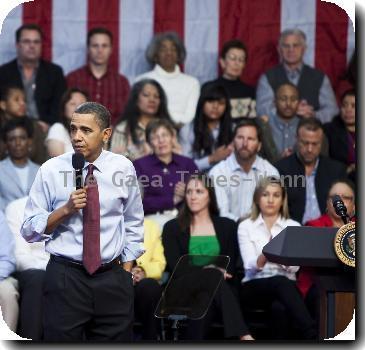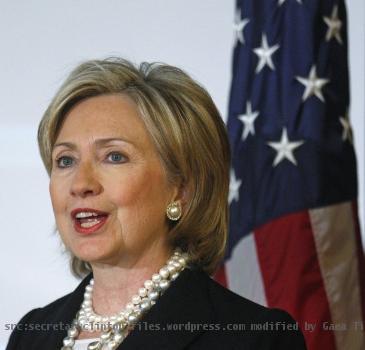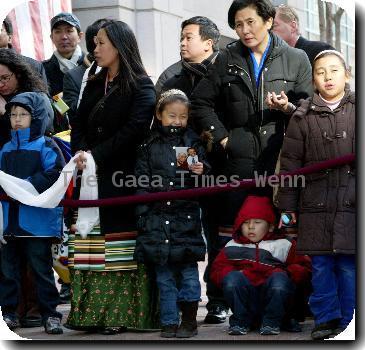India asks for access to American linked to Mumbai terror attacks at US-India talks
By APThursday, June 3, 2010
India asks for access to American
WASHINGTON — India made a push Thursday to interview an American citizen linked to the deadly 2008 Mumbai terrorist attacks, adding a note of tension to high-level talks with the United States.
Secretary of State Hillary Clinton didn’t publicly respond to the request by Indian Foreign Minister S. M. Krishna. She said this week’s inaugural U.S.-India Strategic Dialogue is a chance to address doubts in both countries that are hindering what she calls a crucial global relationship.
A major part of the talks will deal with extremists in Pakistan, both those fighting U.S. troops from havens along the Afghan-Pakistan border and those that India blames for the attacks on its financial capital that left 166 people dead.
Without mentioning the name of the American, Krishna told Clinton during the dialogue’s televised opening ceremonies that giving India access to people the United States has apprehended in connection with Mumbai “is perhaps the logical next step.”
The United States in recent days hasn’t discussed whether it would let India interview the American, David Coleman Headley, who has pleaded guilty to scouting Mumbai before the attacks.
The matter could be a sticking point in talks meant to ease Indian fears that relations with the United States have slipped since the Bush administration pushed through a landmark 2008 accord to establish civilian nuclear trade with formerly shunned India. That deal transformed ties after decades of mistrust, but New Delhi has since watched with wariness as Washington has forged deeper bonds with India’s neighboring rivals, China and Pakistan.
To reinforce the U.S. message of reassurance, President Barack Obama was set to visit the State Department later Thursday to speak to the assembled Indian and U.S. officials.
Clinton said that U.S.-Indian ties are at a pivotal moment and that the trust built this week should lead to results when officials meet next year in New Delhi for the second round of talks.
“India’s rise is a defining story line of the early 21st century, and the U.S.-India partnership will help shape the rest of this century,” Clinton said.
But the countries must “directly and candidly” address lingering doubts: “Doubts among some Indians that the United States only sees India, or mainly sees India, in the context of Afghanistan and Pakistan,” Clinton said. “Doubts in America that India has not fully embraced its role in regional or global affairs.”
A small army of high-level Indian and U.S. officials is trying to spark deeper cooperation on an already long list of areas in which the countries are working together.
U.S. officials says they have a deep strategic interest in nurturing India’s emergence as a global power and want Indian help on the war in Afghanistan and climate change, education, poverty, counterterrorism, energy, agricultural and trade initiatives.
Last year, Obama signaled the importance of ties by giving Indian Prime Minister Manmohan Singh an elaborate formal welcome to the White House, and a third of his Cabinet has visited India since he took office almost a year and a half ago; Obama also plans to visit India himself this year.
Despite the high-level visits and near-constant diplomatic contact, however, Indians have often expressed nostalgia for former President George W. Bush, who shepherded the nuclear deal into law and made it the cornerstone of a new strategic relationship.
Tags: Asia, Barack Obama, Hillary Clinton, India, Manmohan Singh, Mumbai, New Delhi, North America, Pakistan, South Asia, Terrorism, United States, Washington



